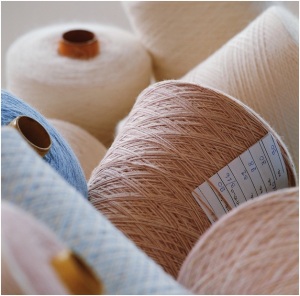This post is in response to questions I have received from some of my small business owner clients. Please be aware, that this post is not in response to any of you individually, but to all of you as a group.
Here are a list of questions, I have received and here are resources for where most of your answers can be found.
Questions:
1. Do I have to have a seller’s permit from the Franchise Tax Board if I am only selling my hobby crafts?
2. Do I have to have a seller’s permit if I only sale items at online auctions?
3. Do I have to have obtain a business license if I work at home?
4. Do I have to collect sales tax for items I sell online?
The Answer to these questions depends on several factors, but the most likely response is YES to all four questions. It is better to operate under the assumption that you need a seller’s permit, you need a business license, and you need to collect sales tax. (If you find that you fall under an exception or exemption, then lucky you!)
Here is a list of resources for more information.
California Franchise Tax Board On-Line Seminars
Internal Revenue Service Small Business Seminars
Free Online Accounting for Your Small Business
Small Business Administration Permit Search
by Attorney Judith Elaine Hoover on 06/13/12
Disclaimer: The contents on this blog are informational only and not meant, intended, nor should be considered legal advice, advertisement, or solicitation for business. The material posted on this blog is not intended to create, and receipt of it does not constitute, a lawyer-client relationship, and readers should not act upon it without seeking professional counsel.
Furthermore, the information contained on this blog is not specific to any particular set of circumstances. All links to outside information are meant to provide further information on the topic addressed, I make no warranties, express or implied, as to the accuracy of the information contained herein or in the attached links.


